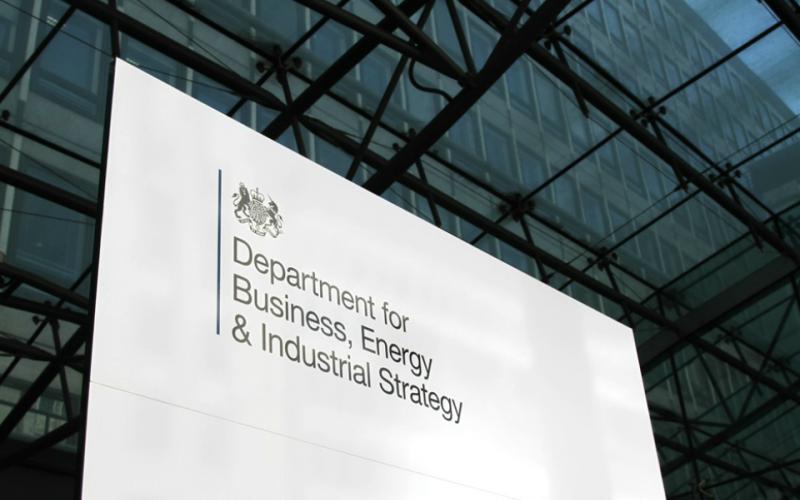One of the ‘biggest reforms of our energy system in a decade’ is now at risk of being delayed or scrapped by the new Government.
First announced in the last Queens Speech in May, the Bill was designed to boost the UK’s energy security in light of the volatility seen over the last winter and the impact of the Russian invasion of Ukraine.
However, with the introduction of Liz Truss as Prime Minister and Jacob Rees-Mogg MP as Secretary of State for Business, Energy and Industrial Strategy (BEIS), the plans have been put on hold.
First reported in The i, the plans set out in the Bill could now be either shelved or even cancelled all together with the Government pushing for two big reforms in decoupling electricity prices from the global gas price and locational pricing.
Both have been key focuses in recent months, as the energy sector and government look at ways to manage high wholesale energy prices, driven by gas prices.
“Rees-Mogg wants to go full throttle on the best prospects for renewables. Offshore wind will be the biggest focus, but supply needs to be increased everywhere,” the Government told The i.
The UK is currently targetting 50GW of offshore wind capacity in operation by 2030.
“Scrutiny of bills in the Lords Committee was suspended following the death of Her Majesty Queen Elizabeth II,” a spokesperson for BEIS told Current±.
“We will update Parliament on our plans when it returns from Recess. We will not speculate on the content of future bills.”
This suggests many of the measures detailed within the landmark Bill could now be delayed .
The Bill would include 26 measures across three main areas; reforming the energy system to protect customers, leveraging private investment in clean technologies to develop domestic generation, and ensuring the safety, security and resilience of the UK’s energy system.
“As the first dedicated energy legislation in nearly a decade, today’s Energy Security Bill is a welcome opportunity to enable a cleaner, more affordable and more secure energy system,” said director of external affairs at Energy Networks Association, Ross Easton at the time.
One of these measures include the establishment of a new, independent Future System Operator (FSO). It was believed this would take a whole-system approach, working across electricity, gas and emerging markets like hydrogen and carbon capture, utilisation and storage (CCUS).
The Bill was primarily to be introduced in order to reduce the reliance on Russian fossil fuels however could have also spearheaded the energy transition and cater for growing energy prices.
Another of the Bill’s measures was to extend the price cap beyond 2023. Truss has since annunced the Energy Price Guarantee, which superceeded the price cap, freezing bills at £2,500 for two years from October onwards.
“Decades of short-term thinking on energy has failed to focus enough on securing supply – with Russia’s war in Ukraine exposing the flaws in our energy security and driving bills higher. I’m ending this once and for all,” Prime Minister Liz Truss said as she addressed the House of Commons for the first time in her new role.






